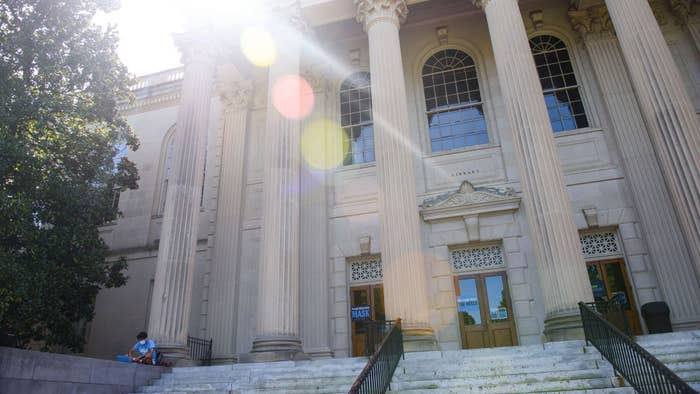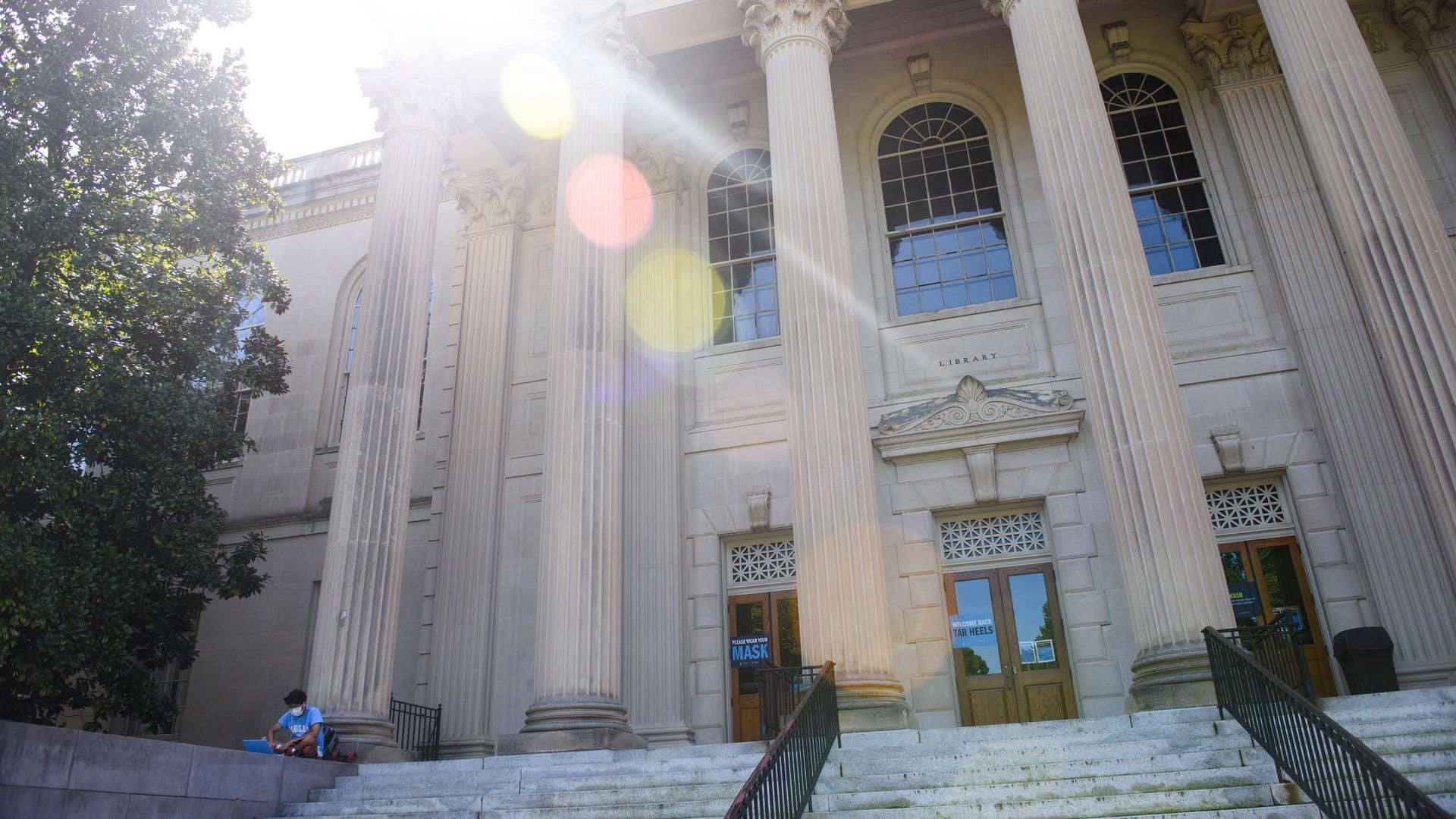
Following a lengthy drug trafficking investigation conducted by the United States Drug Enforcement Administration alongside the North Carolina Orange County Police Department, 21 people have been arrested for their connection to what is being called a "large scale" drug ring that involved several Carolina schools including the University of North Carolina, Duke University, and Appalachian State University.
"This is a large drug network and supply chain fueling a drug culture at fraternities and within these universities and around these universities and towns," United States Attorney and UNC alumni Matthew Martin told the press.
The Orange County police and the DEA began the investigation in November 2018 after there were suspicions that cocaine was being sold in the Chapel Hill area. According to ABC 11, the suspects were allegedly responsible for moving thousands of pounds of marijuana, hundreds of kilograms of cocaine, LSD, molly, mushrooms, steroids, HGH, Xanax, and other narcotics. Court filings also found that the UNC chapters of Phi Gamma Delta, Kappa Sigma, and Beta Theta Pi from 2017-2020 were at the focal point of the illegal drug activity
According to the Orange County Sheriff's Department press release, all 21 suspects indicted in the case are between the ages of 21 to 27 years old, with the exception of one who is 35.
"No one is above the law, including college students and fraternity members at elite universities. This serious drug trafficking is destructive and reckless, and many lives have been ruined,” Martin said in a statement. “This investigation reveals that the fraternity culture at these universities is dangerous. University administrators and national chapters cannot turn a blind eye to the impact on these students and the environment on their respective college campuses. The drug culture feeds many other problems on campus and in our society. University administrators must take a stand and put a stop to it.”
Federal prosecutors estimate the drug ring between the three schools gained roughly $1.5 million over the three-year span that it was active.
UNC-Chapel Hill's Chancellor Kevin Guskiewicz also issued a statement following the allegations. "We are extremely disappointed to learn of these alleged actions on our campus," he said. "The University is committed to working with law enforcement to fully understand the involvement of any university individuals or organizations so that disciplinary action can be taken. Although none of the individuals named today are currently enrolled students, we will remain vigilant and continue to work with our law enforcement partners to identify and address any illegal drug use on our campus. Our community can be certain that the University will enforce the student conduct code to the fullest extent possible."

